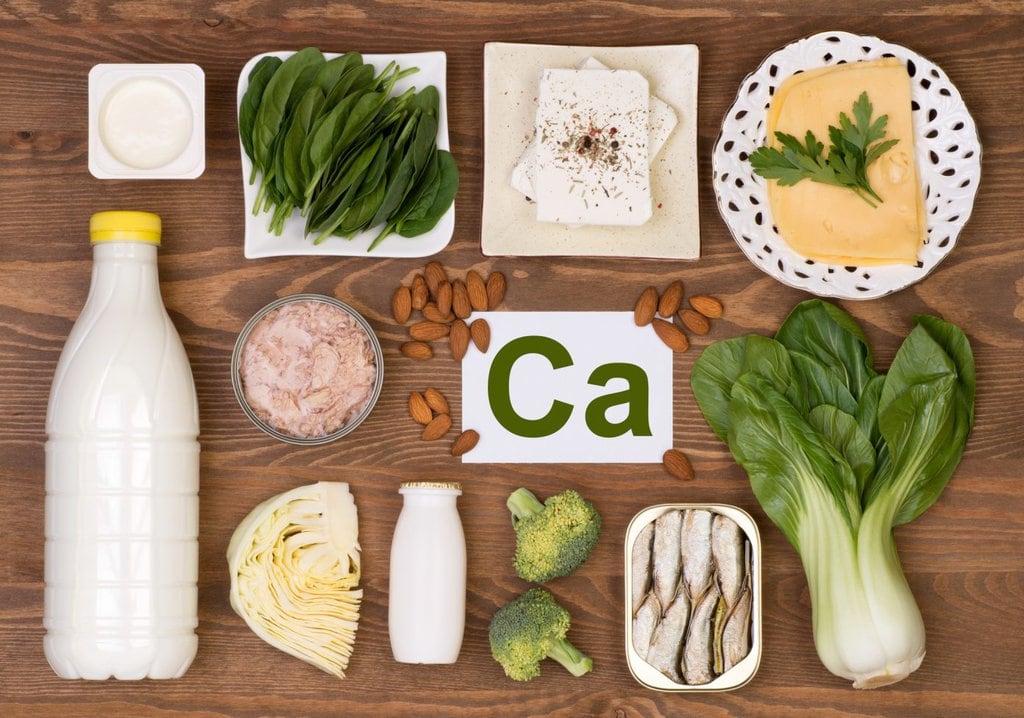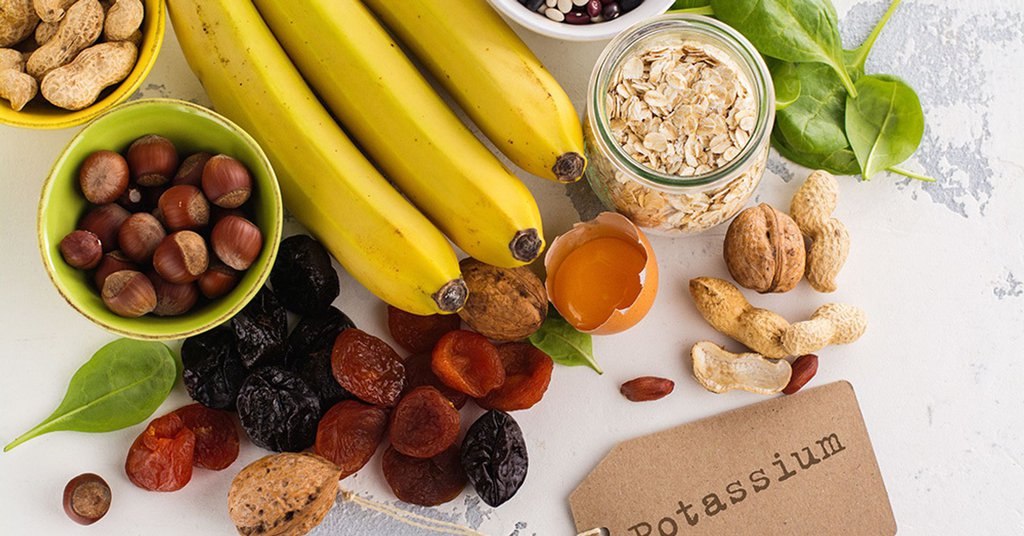Everyone wants to do their best to raise healthy and happy children. It’s important to pay frequent visits to your family physician to make sure you’re providing your little ones with the nutrition that they need to thrive. These are some of the top nutrients kids should be consuming regularly!
Good Nutrition Starts With Vitamin D
Vitamin D supports bone health, reduces inflammation, and improves immunity. Our bodies can produce vitamin D during exposure to the sun, but it’s also found in vitamin D-fortified milk, fortified cereals, salmon, and trout.

Mother’s milk doesn’t provide vitamin D, so kids from 0-6 months old and during infancy might require a supplement. Discuss this with the family pediatrician. Introducing vitamin D-rich foods into the nutrition of toddlers, young children, and teenagers becomes much easier.
Don’t Forget Omega 3
This is an essential fatty acid and one of the main nutrients required for fast brain development in the first two years of life. Past that point, Omega 3 remains very valuable for healthy eye function, the cardiovascular system, and the central nervous system. It’s found in chia seeds, flaxseeds, canola oil, sardines, salmon, walnuts, mackerel, and herring.

As mother’s milk and formula contain Omega 3 DHA, babies 0-6 months and infants usually receive a sufficient amount. Toddlers and young children need 0.7 to 0.9 grams of Omega 3 per day, and past the age of nine, the proper intake goes up to 1 or 1.6 grams a day.
Calcium for Growing Bones
Calcium is most famously known for building strong teeth and bones. It’s found in cow’s milk, cheese, yogurt, broccoli, almonds, spinach, kale, and fortified plant-based milk.

Mother’s milk and formula contain good amounts of calcium. After six months, think of introducing broccoli, tofu, or yogurt. Toddlers and young kids need 700-1000 milligrams of calcium per day. At the age of nine and older, the requirements increase to 1000-1300 milligrams.
Serve Zinc and Iron-Rich Foods
Zinc is important for proper wound healing and a good immune system. Iron helps the body produce energy and carries oxygen in red blood cells. It’s also needed for brain development and growth. Both these minerals are found in meat, fortified cereal, certain legumes, and other sources.

After six months, start introducing some iron and zinc-rich foods. Make sure that these minerals stay regular in your child’s nutrition up to and past the age of nine.
Provide Enough Potassium
Potassium is an electrolyte mineral that regulates the level of fluids in cells, helps muscles contract, aids nerve function, and helps maintain a regular heartbeat. It’s bountiful in bananas, potatoes, oranges, grapefruit, spinach, and other sources.

A well-balanced diet should provide all the nutrition a growing child needs, but an occasional checkup and conversation with the family pediatrician is a good idea!
